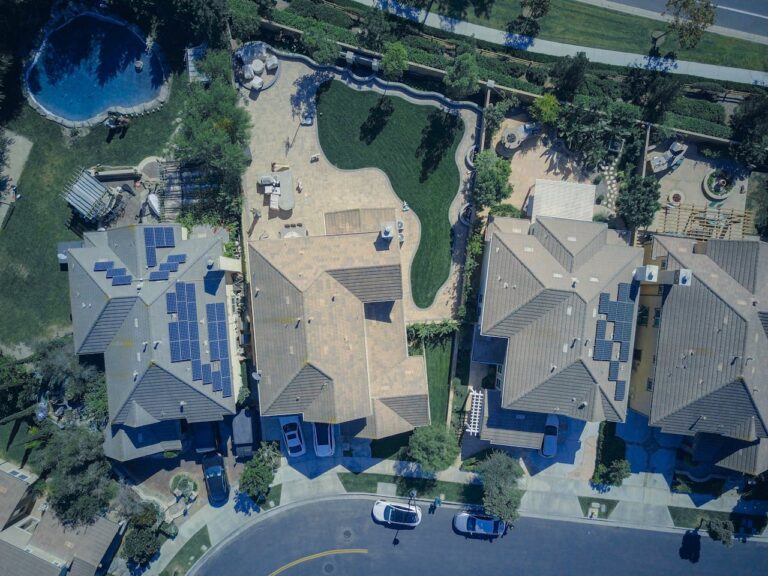Imagine you’re on the brink of purchasing your dream home or making a strategic investment. Excitement bubbles up, but so does a nagging voice reminding you: “Do your homework.” In real estate, that homework is called Due Diligence. It’s not just a box to tick; it’s a crucial process that can save you from unforeseen headaches and financial pitfalls. By delving deep into every aspect of the property, you ensure that your hard-earned money is well-spent. Let’s unpack how due diligence works and why it’s your best ally in the world of real estate.
What is Due Diligence in Real Estate?
In simple terms, due diligence is the comprehensive assessment of a property before finalizing a purchase. It’s like peeling back the layers of an onion to reveal what’s beneath the surface. This process ensures that you’re fully aware of what you’re getting into, helping you make informed decisions. From legal issues to structural integrity, due diligence covers it all. By the end of this, you’ll not only know the property’s worth but also its potential challenges.
- Property Inspection: A thorough inspection can uncover hidden defects.
- Legal Review: Verifying title deeds and zoning regulations is essential.
- Financial Analysis: Assessing the property’s financial potential and obligations.
For an in-depth guide, explore The Importance of Home Inspections.
The Steps of Due Diligence: A Roadmap
Ready to dive into due diligence? Here’s your roadmap. Each step builds on the last, ensuring no stone is left unturned. It might seem overwhelming at first, but breaking it down into manageable parts makes it much more doable.
- Preliminary Research: Start with online searches and public records to gather initial information.
- Hire Professionals: Engage experts like home inspectors and real estate attorneys.
- Conduct Inspections: Have the property inspected for structural issues and pest infestations.
- Review Documents: Scrutinize title deeds, property taxes, and previous sales records.
- Assess Market Value: Compare with similar properties to evaluate if the asking price is fair.
For further details, visit How to Conduct Due Diligence on Real Estate.
Why Due Diligence is Non-Negotiable
Why is due diligence more than just a formality? Because skipping it can lead to costly mistakes. Imagine buying a property only to discover it’s in a flood zone or has pending lawsuits. Due diligence protects you from these surprises, ensuring that your investment is sound.
- Identify Risks: Helps spot potential legal and financial risks.
- Negotiate Better Deals: Use findings as leverage to negotiate repairs or price reductions.
- Peace of Mind: Provides confidence in your purchase decision, knowing you’ve done your homework.
Learn more about avoiding common pitfalls in real estate with This Guide on Real Estate Investment Risks.
The Buyer’s Perspective: Navigating Due Diligence
As a buyer, due diligence is your secret weapon. It’s your chance to learn everything about the property before committing. While sellers may provide disclosures, it’s up to you to verify and investigate further. This proactive approach allows you to make sound decisions and avoid buyer’s remorse.
- Verification: Confirm seller claims with independent inspections.
- Disclosure Review: Understand what must legally be disclosed about the property.
- Decision Making: Use findings to decide whether to proceed, renegotiate, or withdraw.
For insights on buyer protections, check out Understanding Property Disclosures.
Common Questions About Due Diligence
As you delve into due diligence, you may have questions. How long should this process take? Typically, due diligence periods range from a week to a month, depending on the property type and market conditions. Another frequent question is, can due diligence uncover all issues? While thorough, it may not catch everything, but it significantly reduces risks.
- Timeline: Varies, usually between 7 and 30 days.
- Limitations: It minimizes risks but doesn’t guarantee perfection.
- Professional Guidance: Engaging experts enhances the process’s effectiveness.
Harnessing Due Diligence for Success
Due diligence isn’t just a step in the process; it’s a cornerstone of successful real estate transactions. By embracing it, you transform uncertainty into knowledge, empowering you to make confident decisions. Whether you’re a first-time buyer or a seasoned investor, due diligence is your compass in the complex world of real estate. Ready to learn more about protecting your investments? Dive into our blog.
With due diligence as your guide, you’re equipped to navigate the real estate landscape with clarity and assurance. Remember, it’s not just about finding the right property; it’s about making sure the property is right for you.






